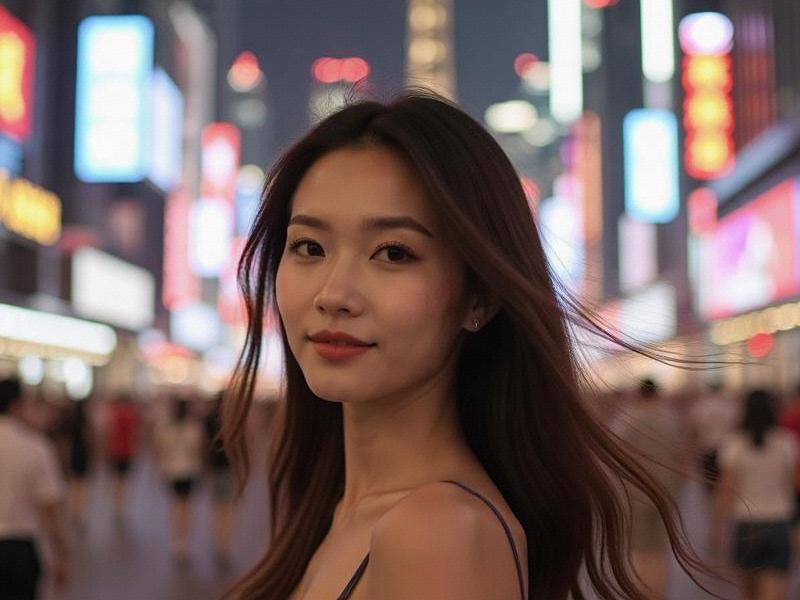
The Shanghai nightlife scene has always pulsed with energy, but in 2025, the city's entertainment clubs have undergone a metamorphosis that reflects both China's economic maturation and its cultural globalization. What were once exclusive domains for wealthy businessmen have evolved into multifaceted venues that serve as social hubs, business centers, and cultural showcases.
The New Geography of Glamour
Shanghai's club districts have crystallized into specialized zones. The Bund remains the undisputed home of ultra-luxury, where establishments like Celestial Pavilion (membership: ¥1.2 million annually) offer private art galleries and Michelin-starred catering. Across the river in Pudong, tech-inspired venues like Quantum Club feature AI mixologists and VR negotiation rooms for financial deals. The former French Concession has become ground zero for concept clubs, where "1930s Shanghai" recreates the jazz age with holographic performances.
爱上海同城对对碰交友论坛 Business as Entertainment
The line between boardroom and nightclub has blurred irrevocably. Nearly 75% of premium clubs now incorporate dedicated business facilities, responding to demand from Shanghai's financial and tech sectors. Cloud Summit Club in Lujiazui has pioneered "deal pods" with real-time translation and blockchain contract capabilities. Corporate bookings now account for over 45% of revenue at high-end venues, with many clubs employing former investment bankers as "deal concierges."
Cultural Fusion 2.0
上海龙凤419官网 Shanghai's clubs have perfected East-West synthesis. Dragon Pearl in Xintiandi offers VR-enhanced Peking opera followed by avant-garde electronic sets. The Huangpu District's Silk Road Club rotates nightly through China's regional cultures, featuring Uyghur musicians one evening and Cantonese culinary masters the next. This cultural hybridization has become a major draw for international visitors, with "nightlife tourism" accounting for 28% of Shanghai's luxury hospitality revenue.
Walking the Regulatory Tightrope
The 2024 Nighttime Economy Modernization Act introduced tiered licensing, allowing compliant venues to operate until 4 AM. All clubs now use facial recognition systems linked to police databases, while mandatory AI alcohol monitoring has reduced incidents by 62%. Perhaps most significantly, the "Entertainment Industry Standards 2025" have professionalized staff training, with many clubs requiring hospitality degrees for management positions.
上海品茶网 The Changing Face of Clientele
While traditional tycoons remain, the demographic has diversified dramatically. Young professionals (25-35) account for 38% of mid-range venue patrons. Women now represent 47% of members at high-end clubs, up from 18% in 2015, driving demand for female-oriented spaces. International "experience tourists" pay premium prices for curated nights, with packages at venues like The Gatsby Club running ¥15,000 per person.
Economic Impact and Future Trends
Shanghai's nightlife economy generates ¥92 billion annually, with clubs contributing 31% of that total. The sector employs 220,000 directly, with another 170,000 in supporting industries. Looking ahead, clubs are investing heavily in metaverse integration, with several planning digital twins that will allow virtual attendance. As Shanghai cements its position as a 24-hour global city, its entertainment clubs continue to redefine luxury leisure for the Asian century.
